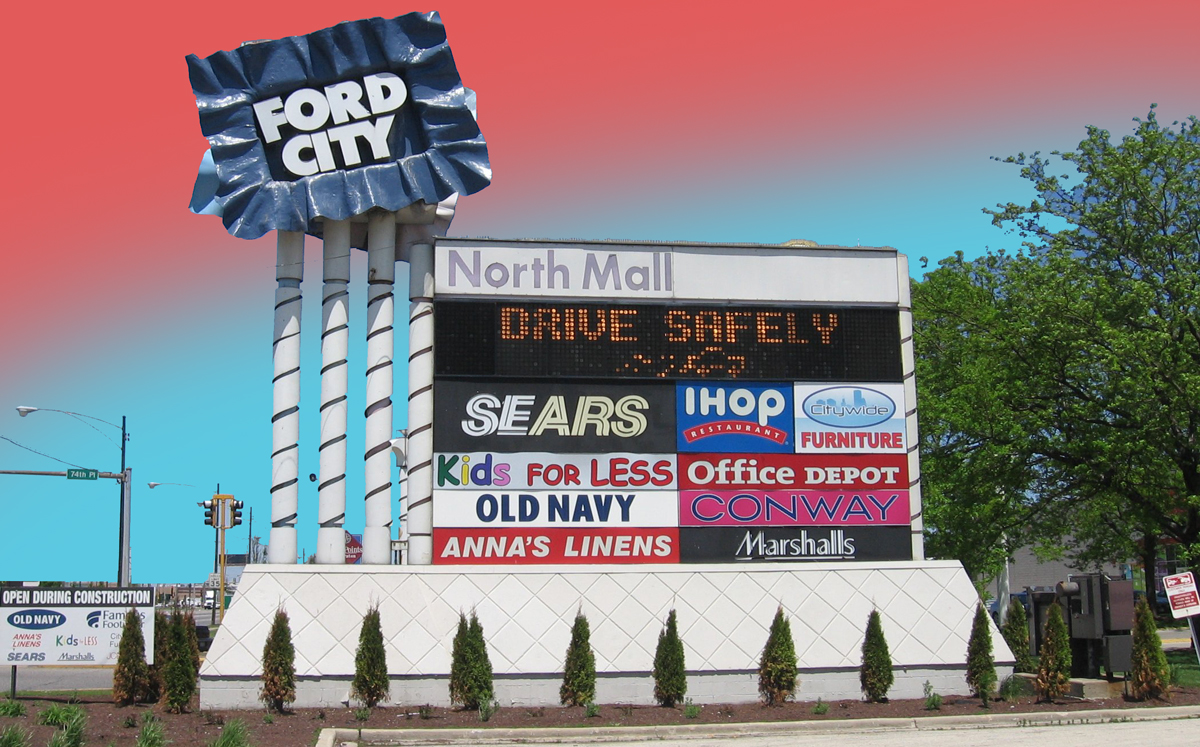Namdar Realty Group acquired the Ford City Mall on the city’s Southwest Side, adding the struggling shopping center to its Chicago-area retail holdings.
The Great Neck, N.Y.-based firm paid $16.6 million last week for the 1.3 million-square-foot mall at 7601 South Cicero Avenue, according to Cook County property records.
iStar Financial earlier this year put the mall on the market, five years after seizing it from Sam Zell.
New York-based iStar hired JLL in February to list the shopping center, which was about 70 percent occupied, with nearly 300,000 square feet of vacant space, Crain’s reported at the time.
Zell bought Ford City in 1987 for $75 million but couldn’t make it successful, giving it up to iStar in 2012 through deed-in-lieu of foreclosure, according to Crain’s. The mall lost its Sears and Montgomery Ward stores under Zell’s watch and lost a Carson’s anchor last year, leaving struggling JCPenney as its only department store.
Namdar owns nearly 250 properties across the country, including 47 shopping malls and 60 open-air shopping centers. Its Chicago holdings include the River Oaks Mall in south suburban Calumet City and the Centerpointe of Woodridge center in the western suburbs, the Landings in south suburban Lansing, and the Marketplace of Matteson and the Matteson Town Centre in the south suburb.
The firm in December bought the Pullman Park strip mall at 111th Street and Doty Avenue from prolific Pullman developer Chicago Neighborhood Initiatives for $6 million. The acquisition netted Namdar 76,000 square feet of space including a Ross Dress for Less, Dollar Tree and Planet Fitness adjacent to a Walmart Supercenter, which was not included in the sale.
Overall, Namdar owns and manages 42 million square feet of commercial real estate nationwide, with a portfolio that also includes retail, office, multifamily and single-net-lease properties, according to its website.
Ford City’s struggles are not unique. A CBRE report from last year put the Chicago-area retail vacancy rate at its highest level in eight years.
The collapse of a number of national chains and the subsequent closure of thousands of stores across the country have put pressure on retail landlords, especially mall owners. That’s led shopping center landlords to get creative in their efforts to fill space, turning to nontraditional uses like large fitness centers, apartments and co-working spaces on their properties.
A representative of Namdar did not immediately return a call seeking comment.
